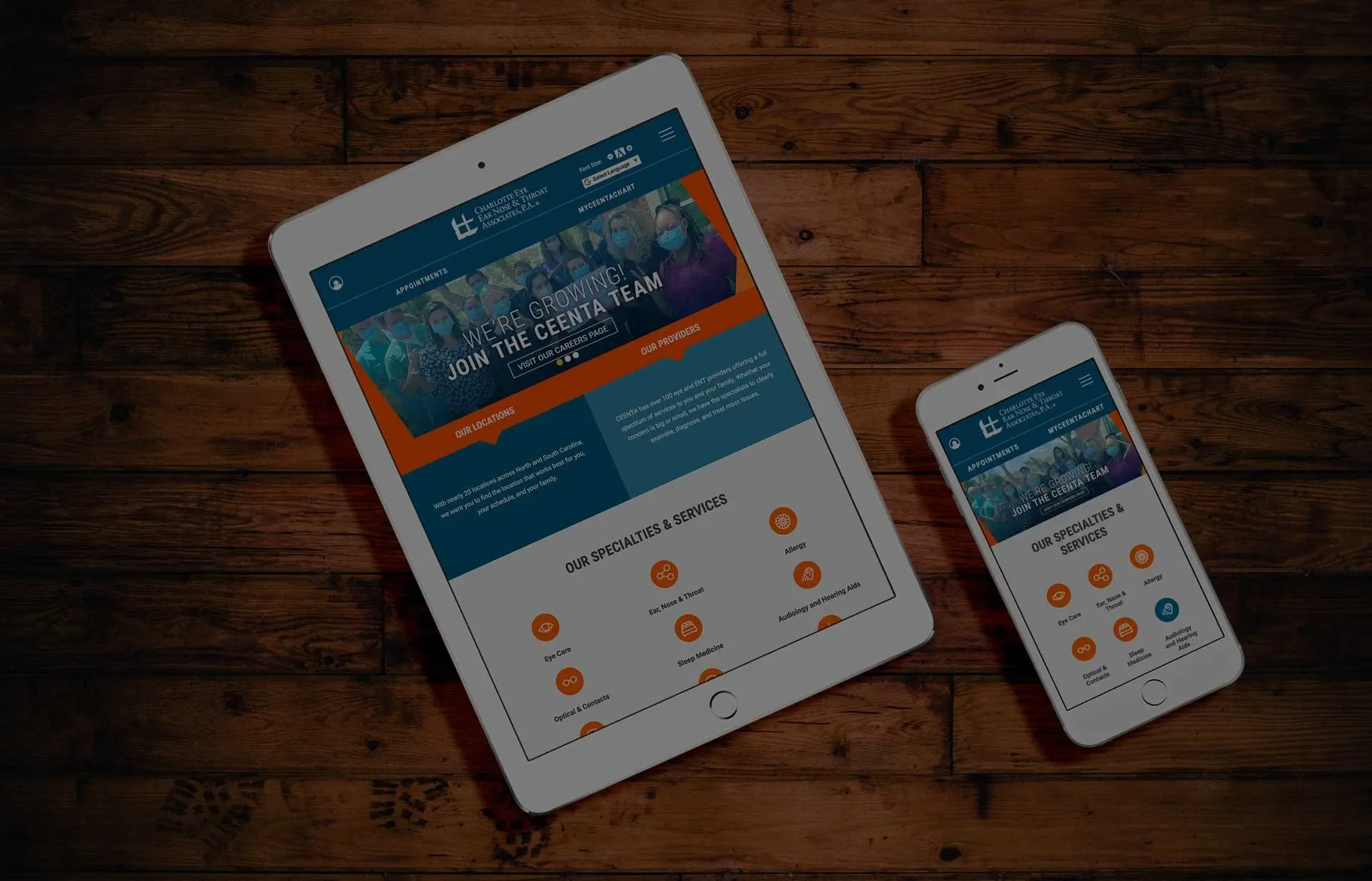We often are asked what else healthcare clinics can do to stand out amongst their competitors. The answer - establish an SEO strategy for your brand, doctors, and services.
Google and Bing have changed from how they once were. 10+ years ago, websites could create content and build SEO rank without making any additional changes. You can’t do that now. Search engines want to see growth and new content added to your site.
Tip #1: Plan Your Keywords
What do patients search on google to find doctors, specialists, healthcare facilities, and recommendations related to your practice? Make a list of your ideas, what others have mentioned to you, and research you've found online. These keywords can then be matched on Google Trends to find out how popular those keywords are.
Reorganize your list based on popularity. Once you’ve filtered your list, begin incorporating these keywords in your website content. .
A recent study found 8 out of 10 Americans trust their own research when finding doctors. They turn to Google and other search engines as one of their trusted sources before making an appointment. Having the right SEO strategy and targeted keywords on your site is critical to sending more patients to your business.
Tip #2: Healthcare Web Content Strategy
Establish a content calendar for creating waves of new content that’s also SEO friendly, relatable to your brand, and informative. Often this takes the shape of blogs, vlogs, and landing pages. Other great pages can be build outs of your About Us pages to enhance expressions of company culture, or build out existing pages with valuable new and optimized content. Stay away from fluff content that's keyword rich but doesn't provide any helpful information for your audience.
Tip #3: Use Important SEO Fields
Many characteristics of well-ranking healthcare content involves utilizing the technical aspects of SEO. Google uses these technicalities in their ranking algorithm to rank websites. It involves organizing all of the data that to correctly index and rank.
- Metadata - These elements help Google index and file your page in a proper manner.
- Format - Your copy's style, tone, text format, and length can affect how your page ranks. Using H1, H2, anchor tags, bold and italicized, and links boost your content optimization and improves how that page ranks in search engines.
- Site content and website optimizations are critical to keeping your site running smoothly. They can also help improve the efficiency of your conversions.
« Back to Blog
- Expanding Graystone Eye’s Digital Ecosystem: A Multi-Brand, Multi-Site Strategy Built for Growth
- Healthcare Website Accessibility in 2026: What WCAG 2.1 AA Means and How to Prepare
- Crafting a High-Performance Orthopedic Website for Bluegrass Orthopaedics
- Healthcare Content Landing Page Guide
- Modernizing OrthoCarolina.com: Advancing a 20+ Year Digital Partnership in Orthopedic Website Innovation
One Partner - Every Digital Solution Your Practice Needs.
EHS is more than a vendor — we’re your long-term partner in building a stronger, smarter, and more compliant digital presence.

© 2026. All rights reserved. E-dreamz, Inc.

